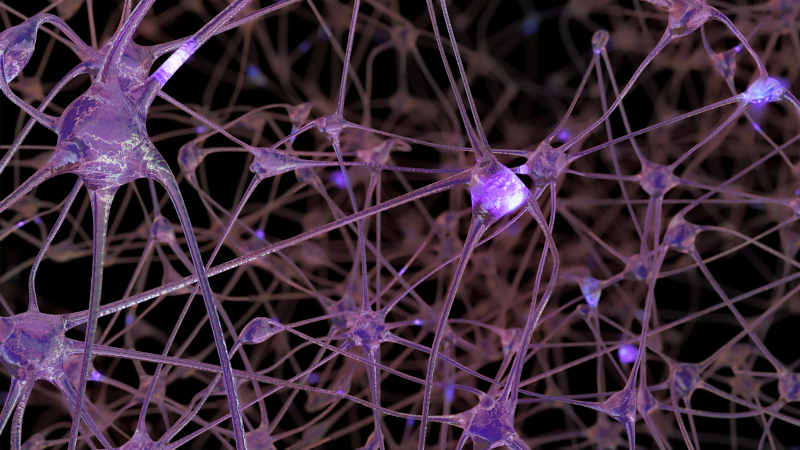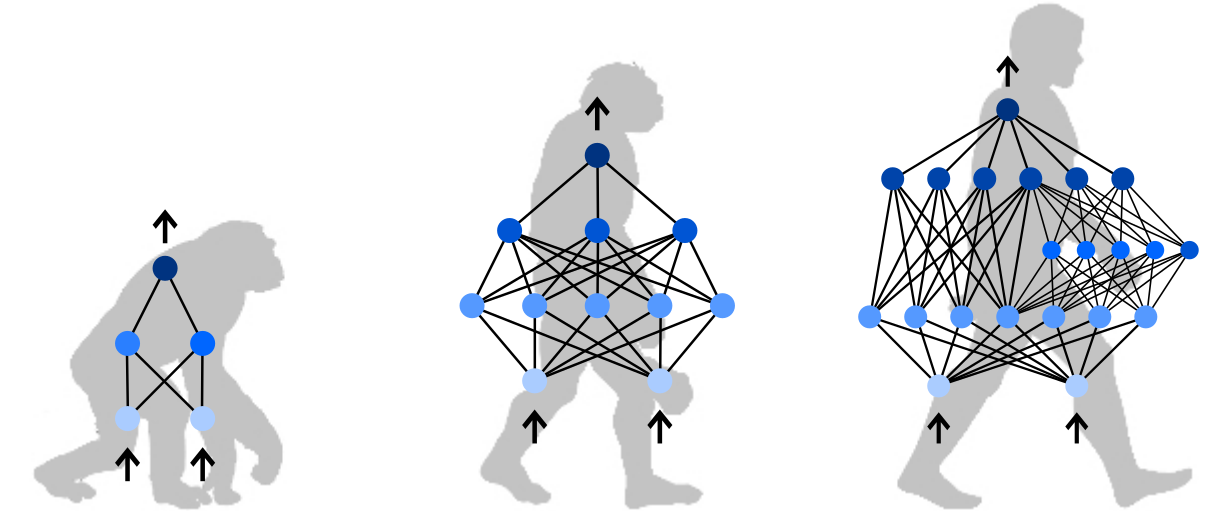

Sim Kuan Goh obtained his B. Eng. and Ph.D. from the National University of Singapore. He is currently an assistant professor at Xiamen University, Malaysia. Prior to joining Xiamen University Malaysia, he was a research fellow at the Air Traffic Management Research Institute, Nanyang Technological University. His research focuses on computational intelligence, deep learning, and brain-computer interface. He is an IEEE Senior Member.


keywords: 3D Human Pose Estimation, Motion Analysis, 3D Computer Vision, Rehab, Deep Learning, Multi-camera System, Virtual/Mixed Reality
Research collaboration between XMUM and Brandeis University, USA.
keywords: Brain-Computer Interface, Machine/Deep Learning, Explainable AI (XAI), Epilepsy
Research collaboration between XMUM, Universiti Malaya (UM) and UM Medical Center.
keywords: Neuroevolution, Neural Architecture Search
Research collaboration between XMUM and Harbin Institute of Technology, China.
ABSTRACT: As sentient beings, we are equipped with many innate abilities that cannot be replaced by AI thus far. One of such abilities is our ability to navigate our everyday environments. Whenever we carry out daily navigational activities, we rely on a host of decisions and strategies that we may or may not be fully conscious of. In this project, the focus is on measuring the strategies that pedestrians use to get to places that they are familiar with. These strategies fall within three core components of (i) spatial updating (ii) allocentric-survey, and (iii) procedural route (Zhong, 2013; Zhong & Kozhevnikov, 2016). The current study aims are to perform a Machine Learning-guided reanalysis of Zhong's (2013) Interfaculty Spatial Navigation Project Dataset containing survey responses from 500 participants (National University of Singapore, 2012-2013) using state-of-the-art Machine Learning-based Principal Component Analysis (ML PCA). The purpose of doing so follows a three-pronged approach: (i) To address inadequacies in data visualization, classification, and factor score computation in conventional, non-ML-based PCA, (ii) To create comprehensible data visualization, strategy classification, and strategy preference indices using ML PCA, and (iii) To enable speedy and accurate sorting of new self-reported navigation strategy ratings using the ML-PCA-trained algorithm without the need to collect more data from a large sample of participants. If you have skills and interests in Machine Learning, Python programming, psychology, neuroscience, geography, you are most welcomed to apply for this project.
Research collaboration between XMUM and Nanyang Technological University.